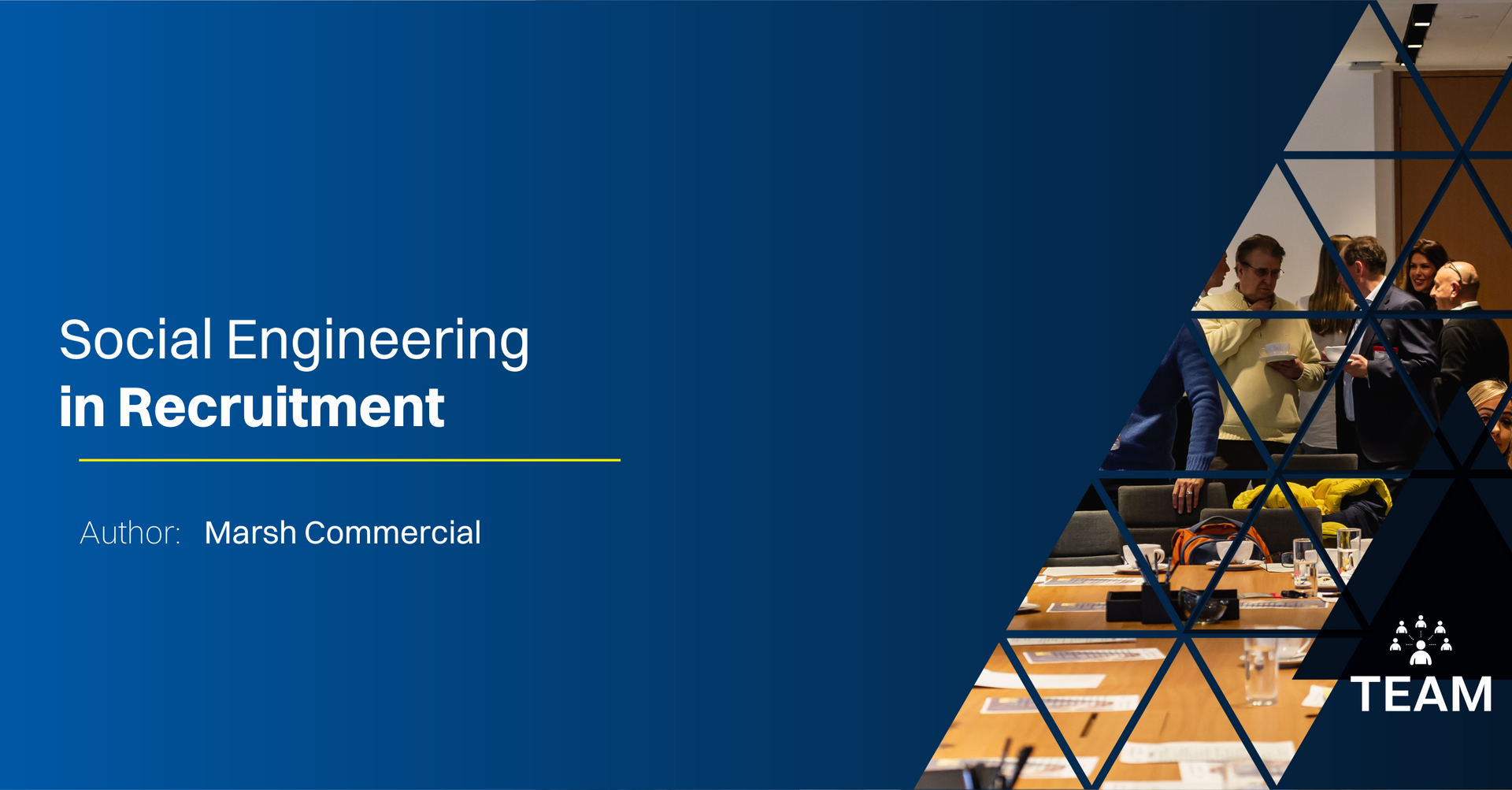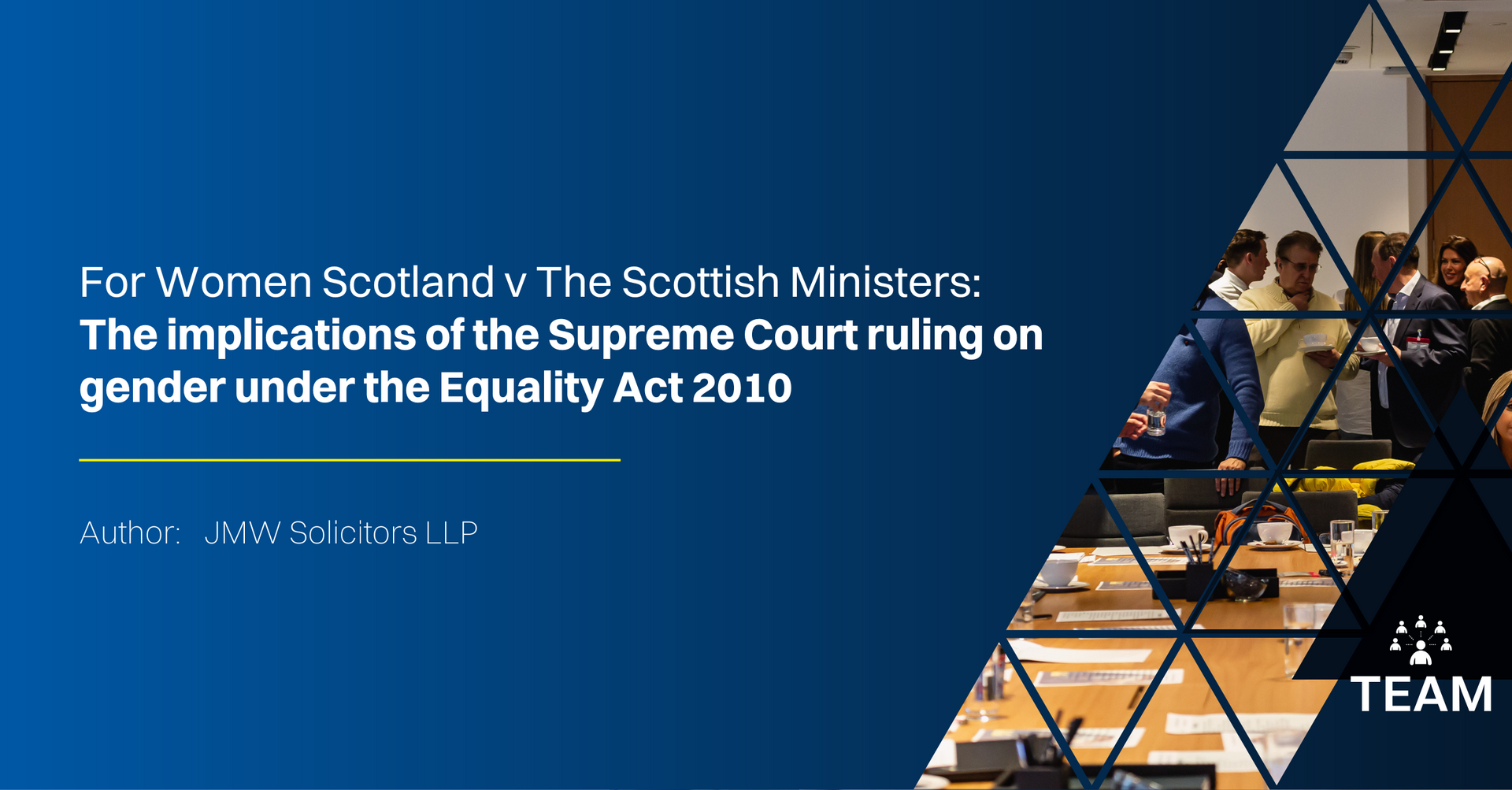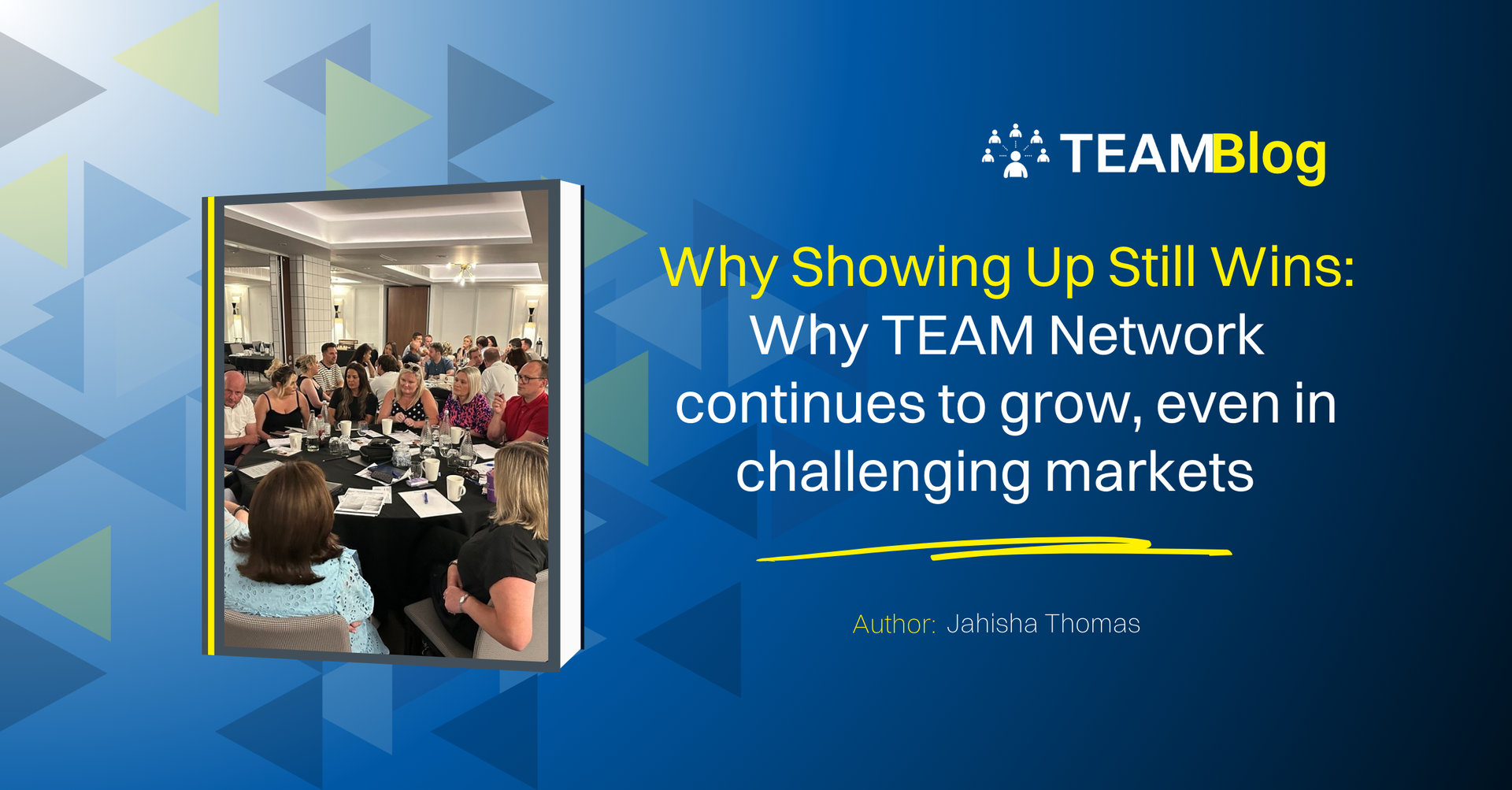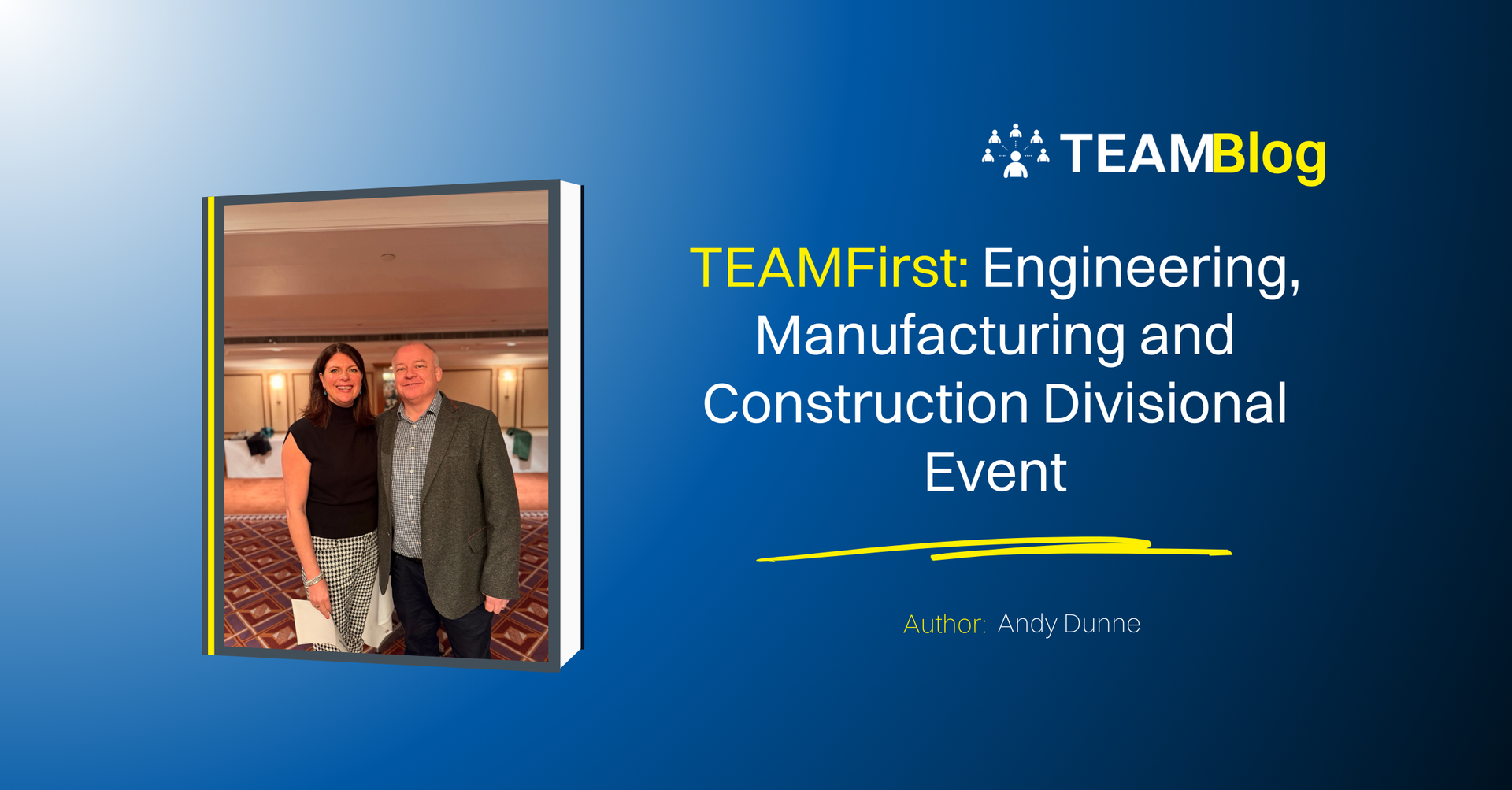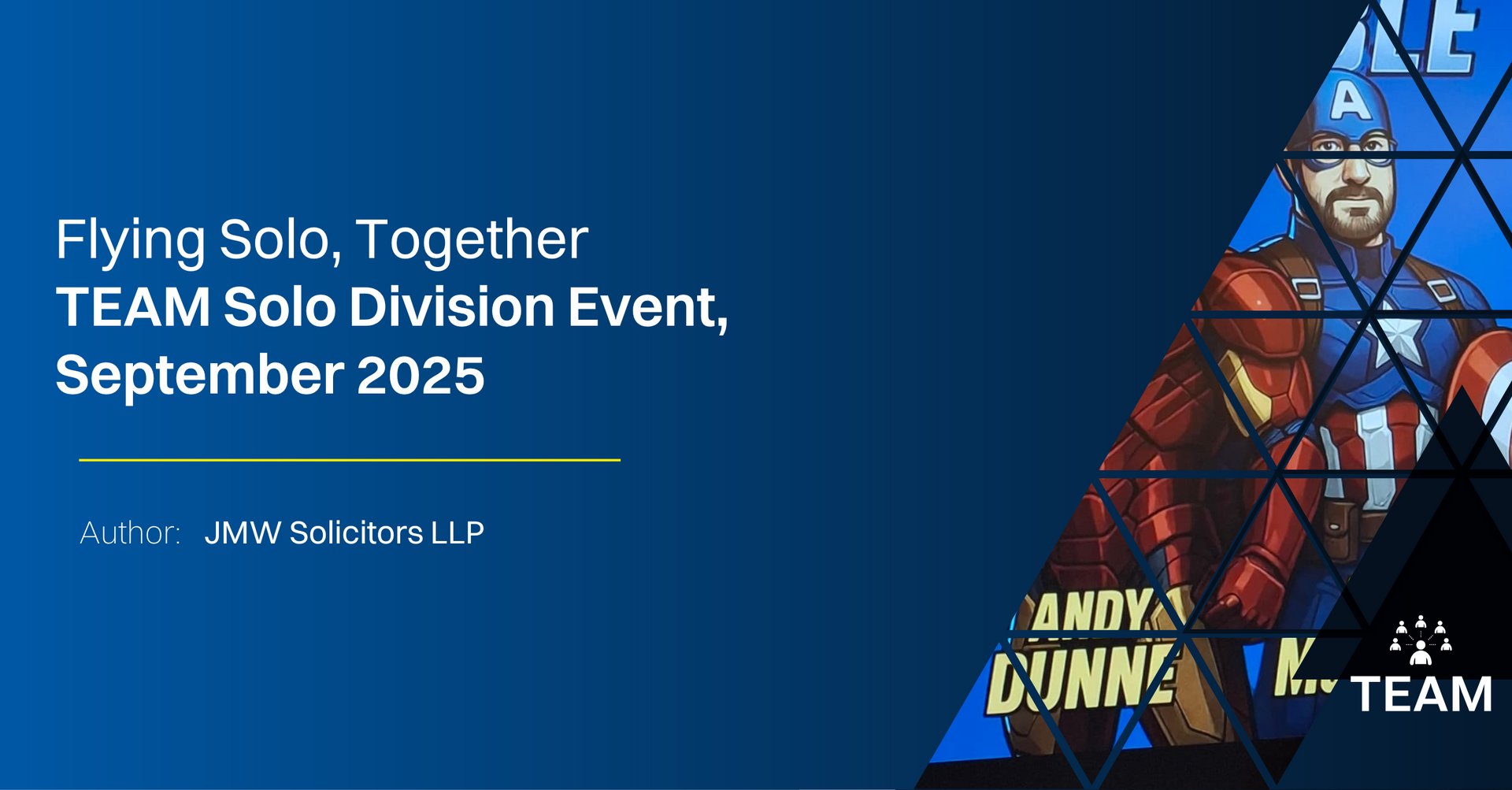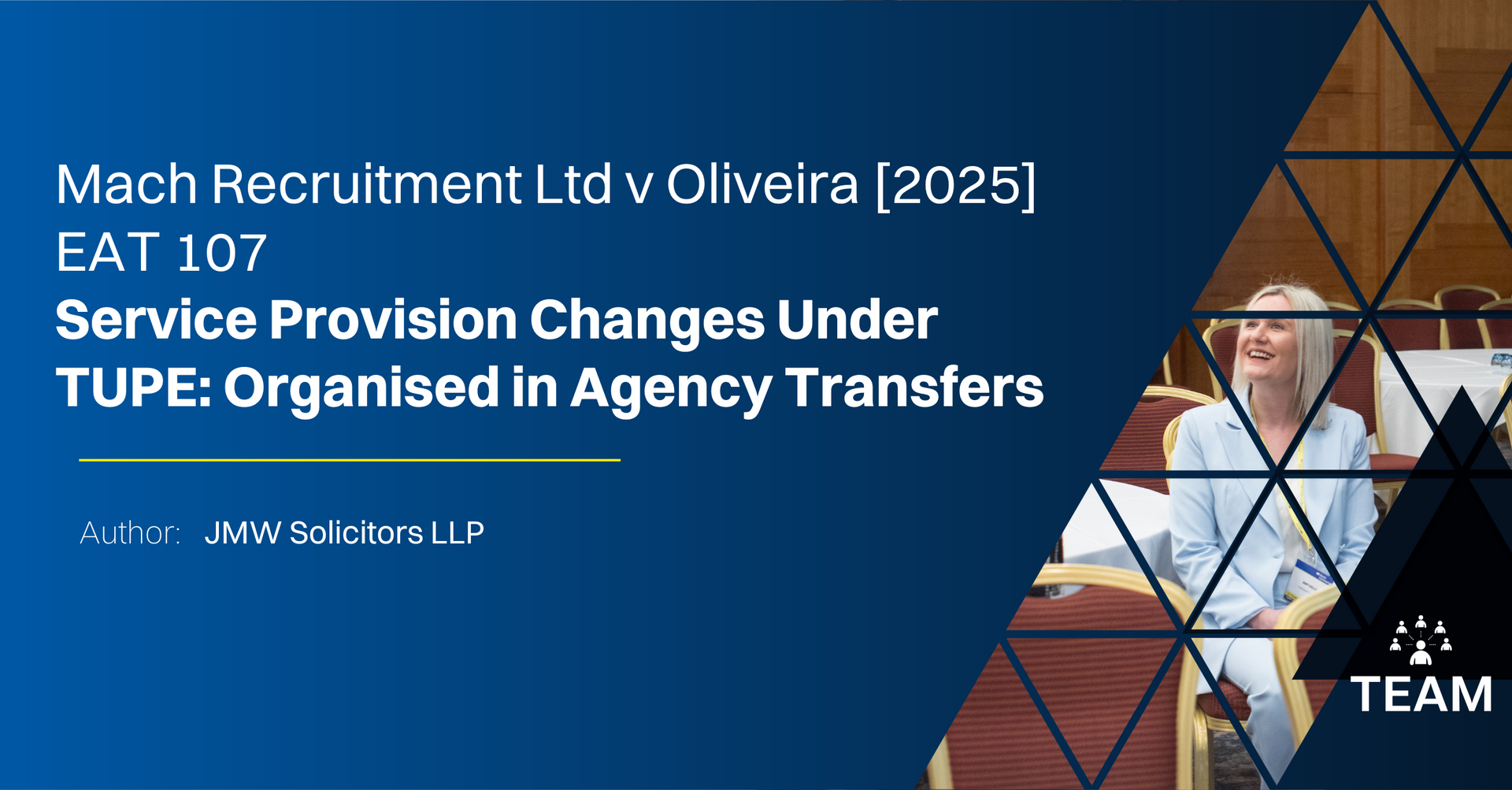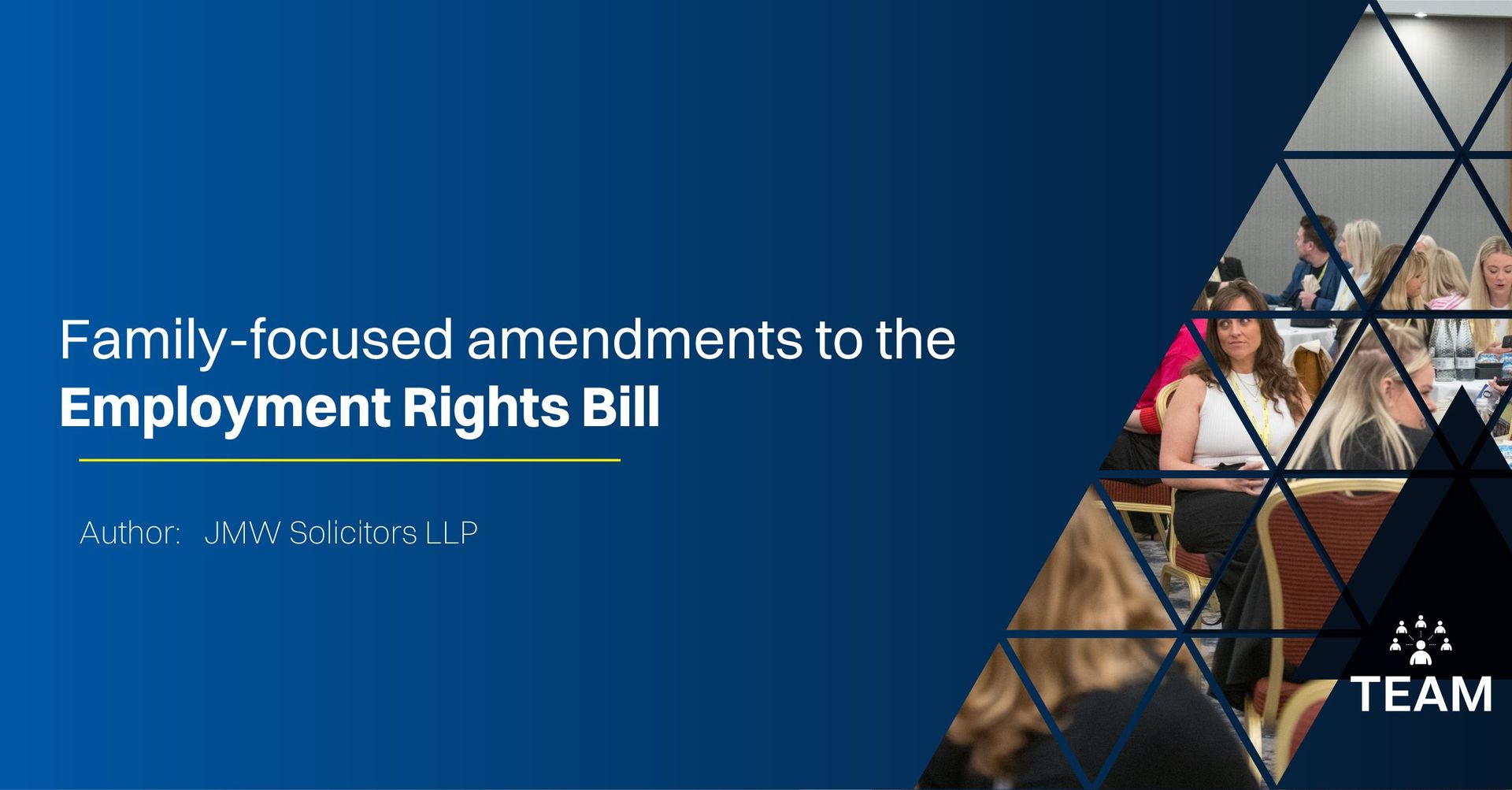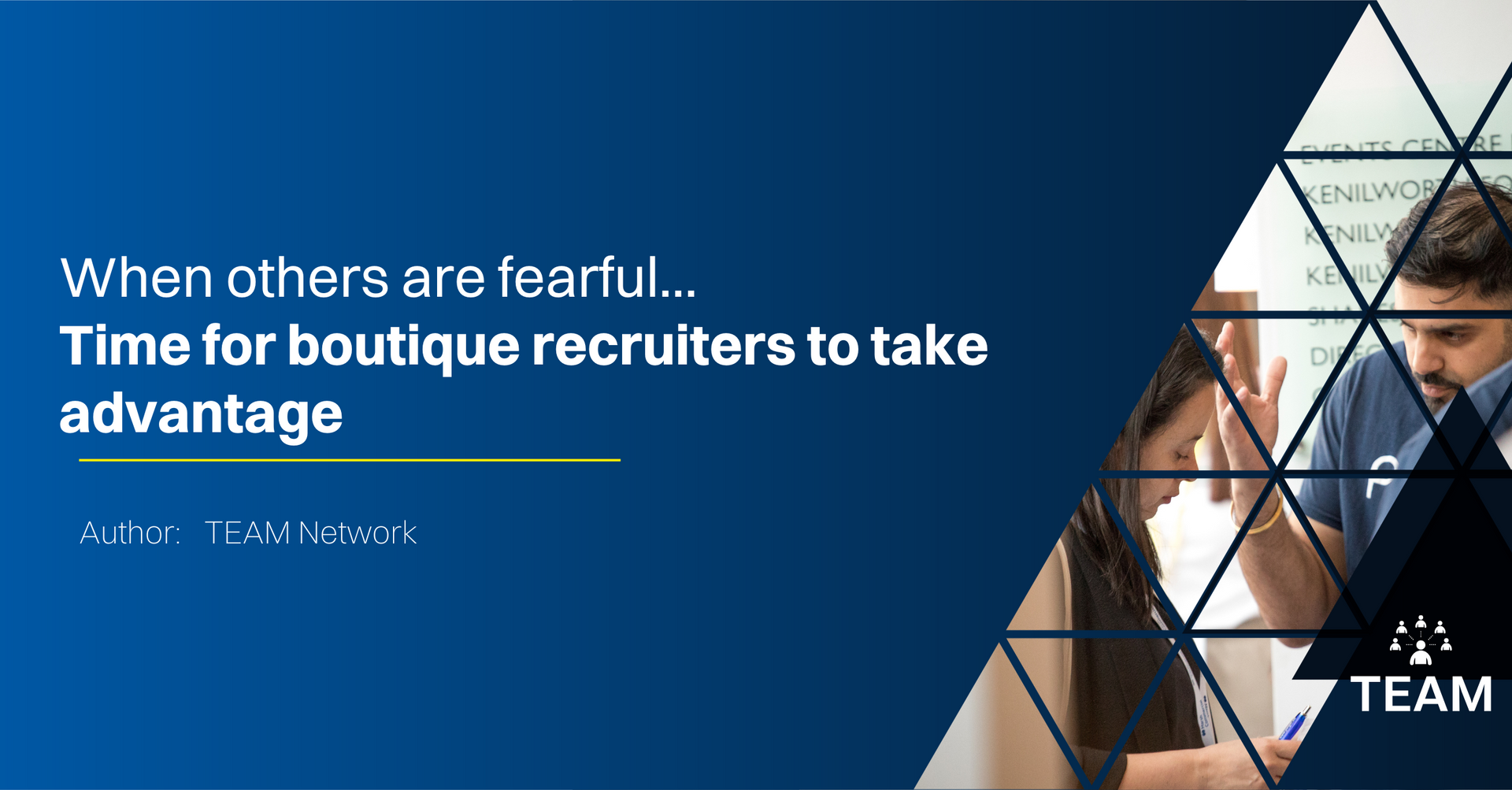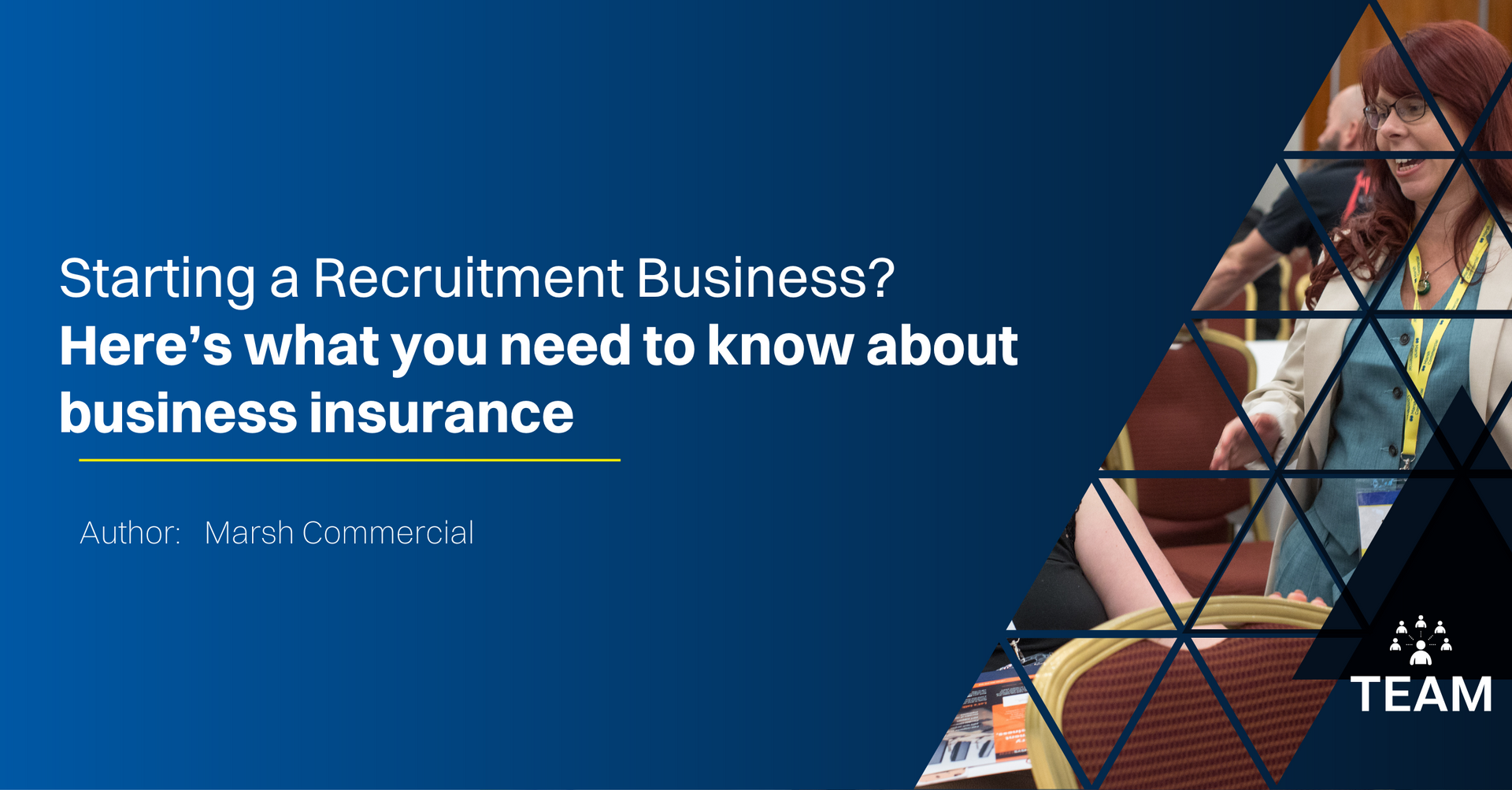Every year, thousands of experienced recruiters take the leap out of paid employment to venture on a journey of entrepreneurship, building their own businesses and taking command of their financial destiny. And along with hopes, dreams and (ideally) a solid business plan, every start-up needs recruitment software to support its growth.
The CRM system that powers your recruitment business is among the most important components of your new venture.
“ISN’T IT JUST A GLORIFIED SPREADSHEET? CAN’T I JUST GET STARTED WITH EXCEL?”
Identify Your Competition
Well, yes … if you want to:
- Lose valuable hours to offline admin and manual data entry
- Let thousands in fees slip through your fingers
- Build your company on foundations of sand
A professional CRM platform is far more than a data storage system. It is the technology heart of your business, and one that can make a huge pro-active difference to your top and bottom-line growth.
The right recruitment software for start-ups creates workflow efficiencies, frees up time to sell and place candidates. As well as providing a resource that helps new hires bill and generate revenue faster.
1. Don't buy twice
Your business is just getting started – does it really matter which tools you use?
You can always upgrade later, right?
CRM systems and recruitment software occupy such a central and prominent position in your agency’s workflow that it pays to get them right from the start.
Used properly, your tech platform will drive recruiter behaviour, structure data, create automated workflow steps and plug into other areas of your front and back office.
It’s far more than a ‘place to store CVs’, and should be a resource continually adding value to your business.
With this in mind, getting started on the wrong platform and migrating data, workflows and systems across to a new provider creates distracting and unnecessary work.
Pick the right tool first time around and go all in on making it work for you.
2. Get references and check the reviews
Choosing any software can be challenging, but you don’t have to do it alone. The recruitment industry has thousands of agencies of all shapes, sizes and ages, and any CRM provider should be confident to offer you a host of customer references to explore.
If demos are the fireworks designed to grab your attention,
reviews are the reality left behind once the smoke clears.
Every CRM supplier will tell you that they have a great recruitment agency software. That, in fact, theirs is the best recruitment CRM system in the UK. And they will back it up by a few client testimonials or case studies.
However, a small selection of hand-picked customer referrals is no substitute for a trusted public review platform, such as Trustpilot. If your potential technology partner is not featured… why not?
As with any other major financial decision, it’s hard to replace the testimony of people in similar situations who have been there before you and can share their stories, guiding your decision-making with honest feedback.
Your CRM is the backbone of your business. Selecting the right one is a critically important move, and one that must have comprehensive, rational grounds.
3. Budget does not mean cheap
Technically speaking, recruitment CRM software is not a cost – it’s an investment.
This means you should not be looking for the lowest-priced tool, but rather the one that provides the best ROI to your business.
Sure, price plays into this – it is part of the ROI calculation.
But when it comes to shopping for recruitment software and technology, the question you should be asking is how the investment in the tool will repay itself in efficiency and opportunity to create more revenue.
If you focus solely on price and do not calculate ROI, you’re soon back into Excel territory again.
4. Buy for success, not for failure
If you’re committing time, energy, money and – more than likely – a chunk of your career to building a business, chances are you think it will succeed.
Launching any company is a big risk, but with the right planning and effort, hundreds of new recruitment agencies succeed every year.
This raises a key question – if you think you’ll succeed, why choose your software as though you won’t?
Buying a basic CRM tool that only gets your business to square one is a false economy – you’ll soon outgrow it and have to go back through the vetting and testing process all over again.
As the primary tech platform for your company, it is best to buy with confidence – investing in a system that can accelerate and support your growth from start-up to thriving agency, growing and expanding your business without migrating from your original tech setup.
5. Service, service, service
On top of a stacked feature list, true value from recruitment software partners comes from the service they deliver – working with their clients to create win-win partnerships where tangible business outcomes are directly generated by use of the technology.
This runs right the way through the customer life-cycle, beginning with implementation and training, through support, account management and a commitment to long-term customer success.
Technology companies who work to make sure that their customers fully understand product capabilities, develop workflows and internal programs to drive adoption, monitor usage and track results, set themselves apart from platform-only providers who simply hand over the login information and leave clients to their own devices.
Real value from recruitment software is a partnership – one enabled by technology, but not purely dependent on it.
Instead, it’s a blend of education, problem-solving, training and process development – all with the shared goal of having a proven impact on client outcomes.
When feature lists are set to one side, if technology providers can’t stand behind their tools and help customers put them to maximum use, they’re only doing half their job.
6. You are buying much more than a database
Even if we allow for some obvious, shared functionality across CRMs, there are differences that go far beyond each system’s basic ability to store and organise your data.
A well-chosen CRM platform will contribute measurably to your recruiters’ performance. It will accelerate the pace with which they carry out their daily tasks, cutting out the unnecessary repetitive admin tasks and using intelligent features to pro-actively position them to capture more revenue from the market.
A great recruitment agency software will feed them with prompts, insights and actionable alerts that turn them into super-recruiters. They will work faster and with better accuracy than their competitors, delivering client-candidate matches consistently powered directly by their technology.
7. Security should come as standard
Robust data security has grown in importance in recent years. Ransomware attacks can cause huge damage to your business. Attackers can hold your data hostage and steal confidential information.
In this climate enterprise-grade security, regular data backups and disaster recovery solutions should come as standard with any modern CRM such as Voyager Infinity.
Some recruiters are still experiencing nightmarish supplier failures where their data is hacked, stolen or they are simply frozen out of their own systems.
As the world continues to place an ever-growing emphasis on security, it should neither be a blind spot nor an optional extra in a professional CRM platform. Thus, a great quality recruitment agency software comes complete with security and risk management against any form of ransomware attacks.
8. Your CRM supplier is a partner, whether you like it or not
It can be tempting as a business owner to dismiss the significance of the dynamic you will have with your CRM supplier.
Purchasing a CRM is not a one-off transaction when you sign on the dotted line and never speak to your supplier again.
The reality is, that your CRM supplier is a partner, however much you would like to just buy login access and get on with business.
Getting the best out of technology requires commitment and effort – configuration, training, workflow development, integration with other tools, and as your business grows and change, flexibility and support to All to ensure the best return on your investment.
Using a CRM is a true partnership between the technology provider and the end-user. And the best dynamics work hard towards a single shared goal – the profitability and growth of the customer’s business.
9. Ease of use is key
Even with the world’s most comprehensive functionality, the software is next to useless if recruiters do not engage with it.
Dazzling systems with head-spinning complexity might have the potential to revolutionise your business. But it counts for nothing if your team never gets their head around the basic interface and navigation and fails to get any benefit from the platform.
Recruiters make money from data – that is the bottom line.
They need quick, easy access to it, and need to work as part of a collaborative digital environment where data can be easily found and processed by a range of users in a range of functions within the business.
The better your CRM can give each user what they needed to find, the faster you will see climbing ROI.
10. Do not be wowed by the demo
Sales demos are designed to highlight attention-grabbing features and sell a high-impact vision of a product. They resonate emotionally and drive potential customers to sign up without a deep-dive review of functionality and support.
However exciting the initial overview may be, nothing beats a detailed evaluation of genuine usability for calculating whether a tool truly is the right answer to your business challenges.
Great recruitment software is the perfect partner for recruitment agencies.
SERVICE PROVIDER SPOTLIGHT
This article has been provided by TEAM Service Provider – Ikiru People
Ikiru People is a leader in the supply of technology solutions and services to recruitment, staffing and executive search businesses, as well as corporate HR teams around the world – providing the platforms they need to test and train candidates, support further development, enhance the recruitment process and source the best talent.
Ikiru People have developed some of the best-known recruitment technology brands, including:
- Voyager Software www.voyagersoftware.com is one of most established Recruitment Software brands in the market today – streamlining recruitment processes and automating mundane admin tasks, making businesses more efficient, customer-centric and competitive. Available Cloud-based or server-based.
Voyager has two core recruitment solutions:
- Voyager ‘Infinity’ is the smart CRM for Permanent, Contract and Temporary recruitment – and now comes with FREE Skills Testing, to help recruiters deliver better candidates faster. Also incorporating Infinity Connect, the essential Mobile App which syncs seamlessly to your Infinity SaaS database, enabling recruiters to contact candidates and clients whilst on the go, and the Voyager Business Intelligence reporting tool offering free customisable dashboards providing valuable insights on your business performance.
- Voyager ‘Mid-Office’ – The ultimate Pay & Bill solution (also in Bureau mode). Automatically import placements from Voyager Infinity, process your timesheets in-house or online with our automated workflows and serve the diverse requirements of your clients with our bespoke invoice templates.
- ISV.Online www.isv.online is the market leader in online skills testing and training, working with consultancies and employers to help them secure and retain the best talent. ISV gets the recruitment process right by avoiding bad hires and improving onboarding.
